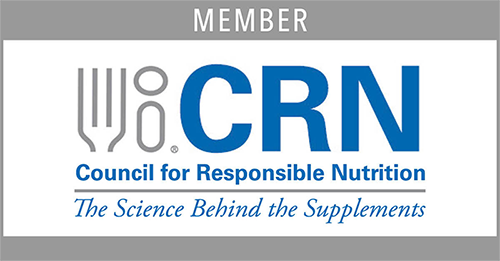What is It?*
Source Type: Fat-soluble vitamin
Source(s):
- Naturally found mostly in animal foods (meat, liver, egg yolk, salmon, mackerel, cheese)
- Naturally found in some plant foods (natto, sauerkraut, leafy greens)
- Chemically synthesized in labs
Vitamin K2, also known as menaquinone, is a fat-soluble vitamin that plays a role in bone health and blood clotting. Vitamin K2 is typically found in animal-based foods, whereas vitamin K1 is primarily found in green leafy vegetables and plant oils.
Benefits*
Benefits of vitamin K2 include promoting heart health, maintaining healthy bones and teeth, and reducing the risk of osteoporosis.
Effectiveness*
Emerging research suggests that vitamin K2 may play a role in cardiovascular health by helping to prevent calcium buildup in arteries and reducing the risk of arterial calcification, which is a risk factor for heart disease. More research is still needed to understand whether vitamin K supplements might help prevent heart disease.
Vitamin K2 is essential for bone health as it activates proteins that help regulate calcium deposition in bones. Due to this role, studies have found that it may contribute to improved bone density and reduced risk of fractures, making it important for osteoporosis prevention. Another study looking at postmenopausal women found that K2 supplementation helped increase bone strength, reducing the risk of osteoporosis.
Risks*
Vitamin K2 is generally considered safe in recommended doses. However, vitamin K2 can interact with many different medications, such as blood thinners, antibiotics, and cholesterol medications. If you are taking any of these medications or have been diagnosed with a clotting disorder, do not take vitamin K supplements without consulting with your doctor first.



